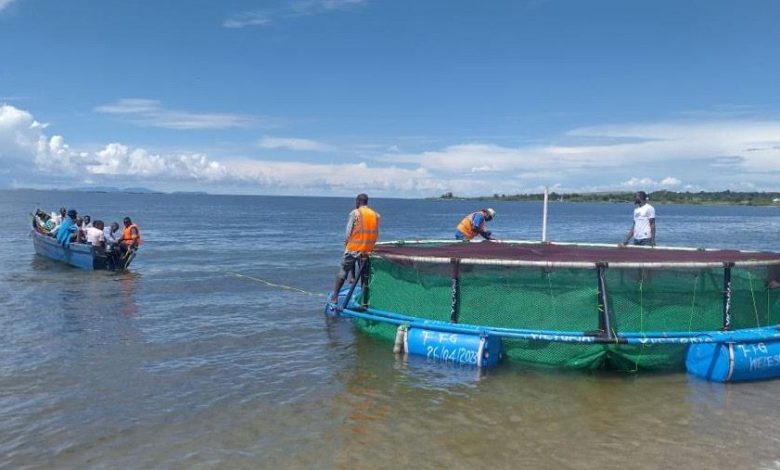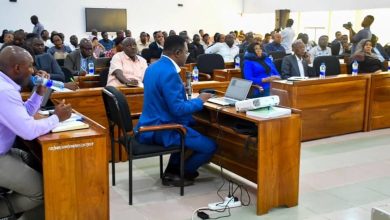TANAPA boosts fish breeding in Lake Victoria

MWANZA: THE Tanzania National Parks Authority (TANAPA) has launched an intensified conservation plan to restore fish breeding in Lake Victoria, whose population has been steadily declining due to illegal fishing activities.
The initiative, led by Rubondo Island National Park, focuses on strengthening protection of fish breeding zones and providing education to communities living along the lake’s shores to ensure sustainability of aquatic life.
According to the Chief Park Warden of Rubondo Island National Park, Assistant Conservation Commissioner Dr Imani Kikoti, the new plan involves expanding investment in protected fish breeding areas and supporting community awareness campaigns to end destructive fishing.
“So far, the fishing sector within Lake Victoria has continued to decline, meaning that in many areas, fishermen are no longer catching enough fish compared to previous years,” Dr Kikoti said.
He added that TANAPA has designated over 150 kilometres of shoreline as breeding protection zones within Rubondo Island National Park.
“We are working hard to ensure that these breeding grounds remain safe. Once they are fully protected, they will contribute significantly to increasing fish reproduction and overall population recovery,” he said.
Dr Kikoti noted that preliminary studies show Lake Victoria supports the livelihoods of over 4.5 million people, underscoring the urgency of protecting breeding sites and educating communities on modern aquaculture to reduce overfishing pressure.
On his part, Mr Agricola Roman, Senior Conservation Officer in charge of Security at Rubondo Island, said that TANAPA has intensified patrols and strengthened enforcement in protected breeding zones.
However, he acknowledged persistent challenges caused by unregulated fishing activities outside the protected areas.
“Conservation laws prohibit entry into these zones without permission, but there are still poachers who sneak in and use illegal nets, which pose a serious threat to fish breeding grounds,” he explained.
Mr Roman emphasised that the success of the initiative depends on public cooperation and local participation, urging communities to embrace sustainable fishing practices for long-term benefits.





